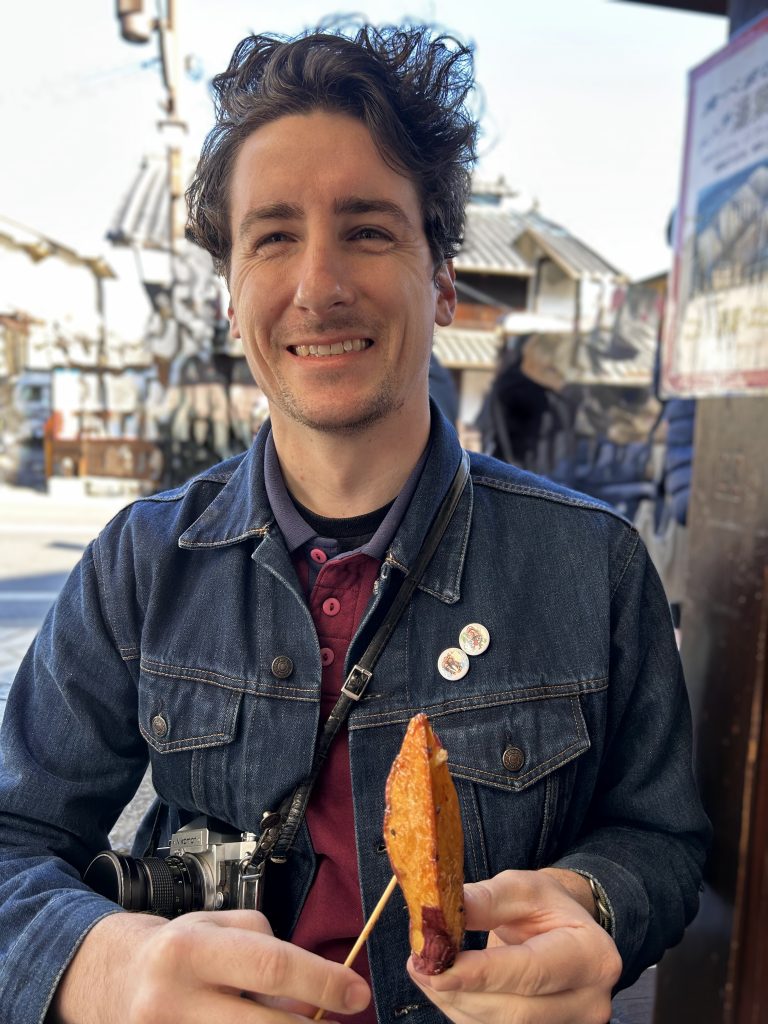Distinguished Postdoctoral Fellow
Erik Fredrickson is a geophysicist who uses seafloor pressure and other geodetic measurements to study tectonic boundary processes beneath the oceans. His key interests are in increasing the effective resolution of seafloor measurements and optimizing sensor network design to detect increasingly small signals over a range of timescales, with an eye to the transient deformation caused by shallow slow slip.
During his Ph.D., he analyzed data from the Cascadia and Alaska subduction zones to develop techniques for de-noising seafloor pressure records by identifying and exploiting patterns of spatial coherence in the oceanographic pressure field. He further conducted forward modeling of slip on the subduction interface and detectability analyses of synthetic slow slip signals to demonstrate the thresholds of detectability, suggesting the absence of resolvable slow slip in these data and providing design recommendations for future networks aimed at ascertaining the presence of slow slip. He has also worked on mid ocean ridge systems, testing a novel tiltmeter on Axial Seamount on the Juan de Fuca Ridge to characterize the ongoing volcanic inflation there.
At UTIG, he is applying his processing techniques to pressure datasets from the Hikurangi Subduction zone, where offshore slow slip is found to occur regularly. Here, he is collaborating with UTIG oceanographers and geophysicists to improve the oceanographic corrections through the use of circulation models and expand the deformation modeling by using realistic material properties. Together, these new techniques will allow for better characterization of seafloor deformation signals and better interpretation of what those signals imply about movement on the subduction thrust.
Interests
Seafloor geodesy, tectonics, slow slip, and coastal oceanography.
Academics
Ph.D., Oceanography, University of Washington, School of Oceanography
M.S., Oceanography, University of Washington, School of Oceanography
B.S. (dual degree), Physics, Earth & Space Sciences, University of Washington

